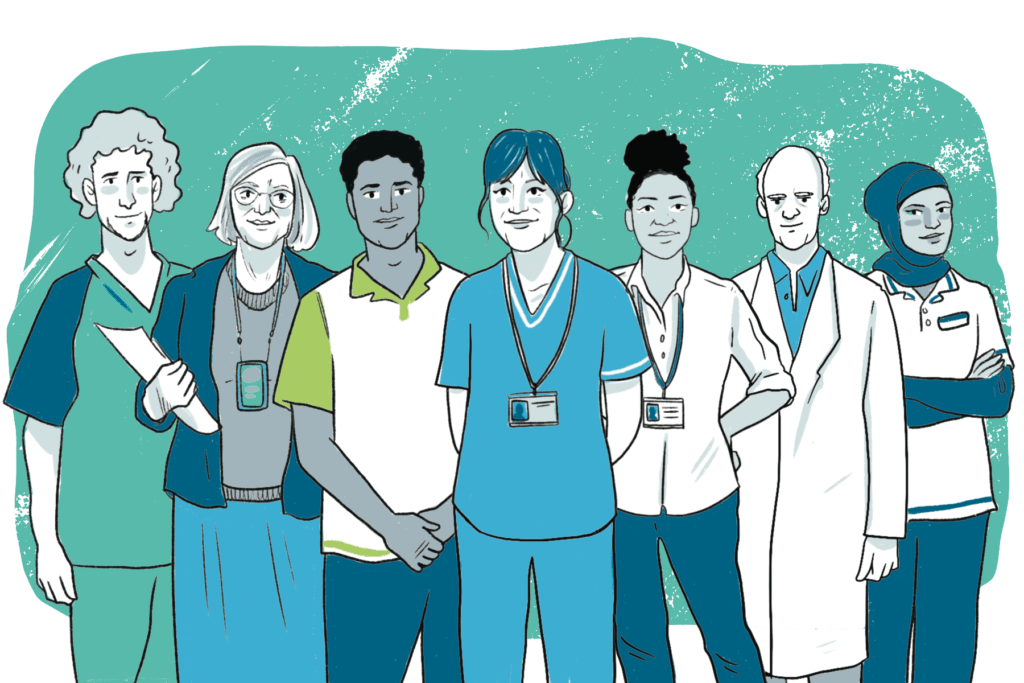Is there a doctor in the house? There is now!
Undertaking a PhD (or Doctor of Philosophy) is a major commitment. Leaving aside the issues of funding, it really is for those who are willing to assume responsibility for managing their own education, and is designed principally for those who wish to become independent researchers. A full-time PhD usually takes about three years to complete, and involves formal study in addition to a research project. During those three years (or at least within 12 months of completion of the work), a thesis of around 100,000 words must be submitted and will need to be defended at an interview by at least two examiners – the dreaded viva voce – who may ask for revisions to the thesis before the degree is granted.
In some cases, a PhD can be completed by publication. It usually involves undertaking independent but supervised research or interrelated projects that result in the publication of several papers in peer-reviewed journals: the written thesis must then show how the work fits together. This is the route that Kate and Karin chose. This approach is not for the feint-hearted – it can take several years to complete as it is dependent on securing research grants, getting studies approved and achieving good publications. And the whole work must still be defended by viva voca.
Two events in the same direction could be said to indicate a trend. While Kate and Karin have now formed an exclusive club, they’re hoping soon to admit others: at least one other HNA member who is working on a PhD. But as we saw in last year’s HNA survey, around 20 haemophilia nurses in the UK have or are working towards higher degrees, mostly at Masters level.
The HNA wishes to encourage more of its members to get involved in research. For this reason, it has set aside the money raised from this year’s conference to establish a fund that will award up to £10,000 each year to help facilitate nurse-led research projects from nurses working with people living affected by haemophilia and/or bleeding disorders in the UK or Republic of Ireland.
If you have a research project in mind, you can apply for a sum of up to £2,000 to help with your work. Application forms can now be downloaded from Haemnet. The deadline for applications is Friday 21 September.
Mike Holland founded Haemnet and SixVibe. He is a medical writer, editor and event organiser – find him at Google+ or Driftwood.


